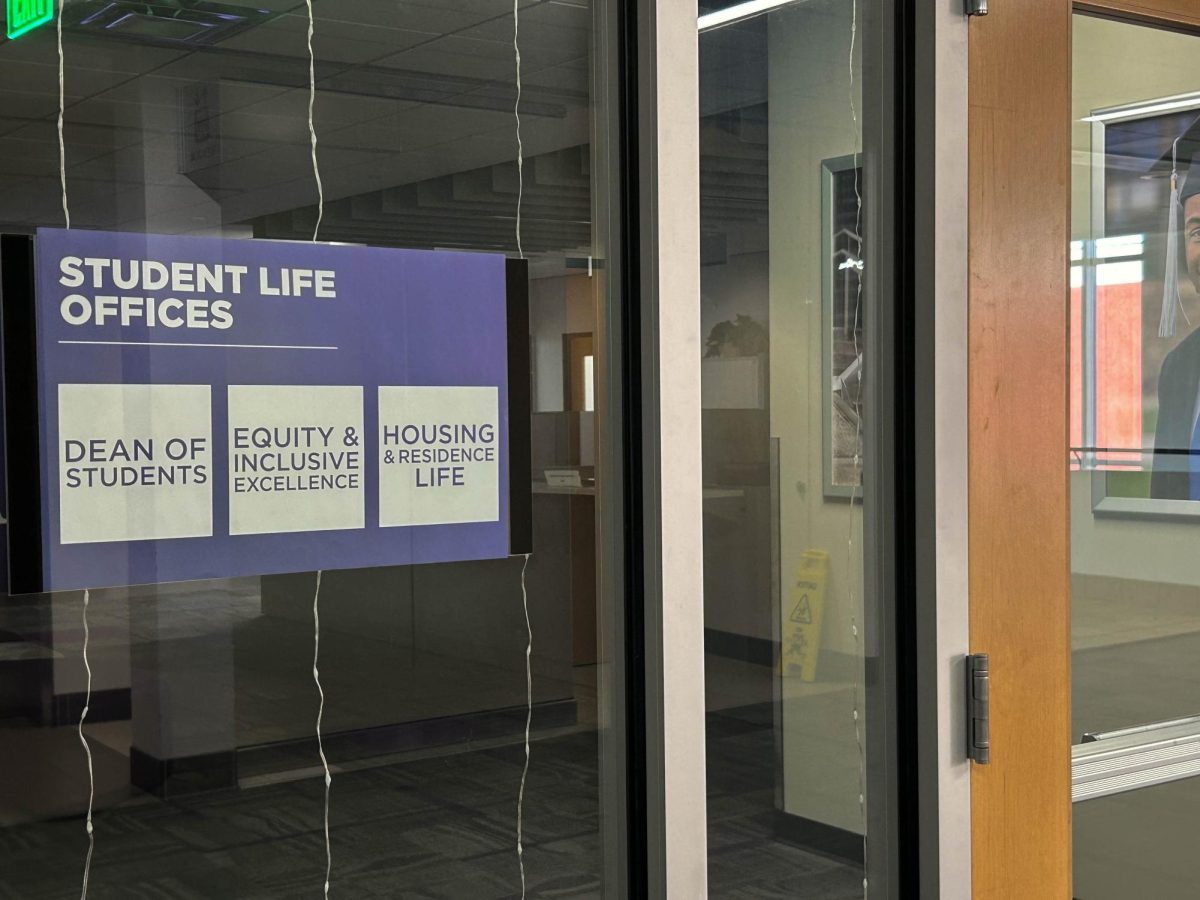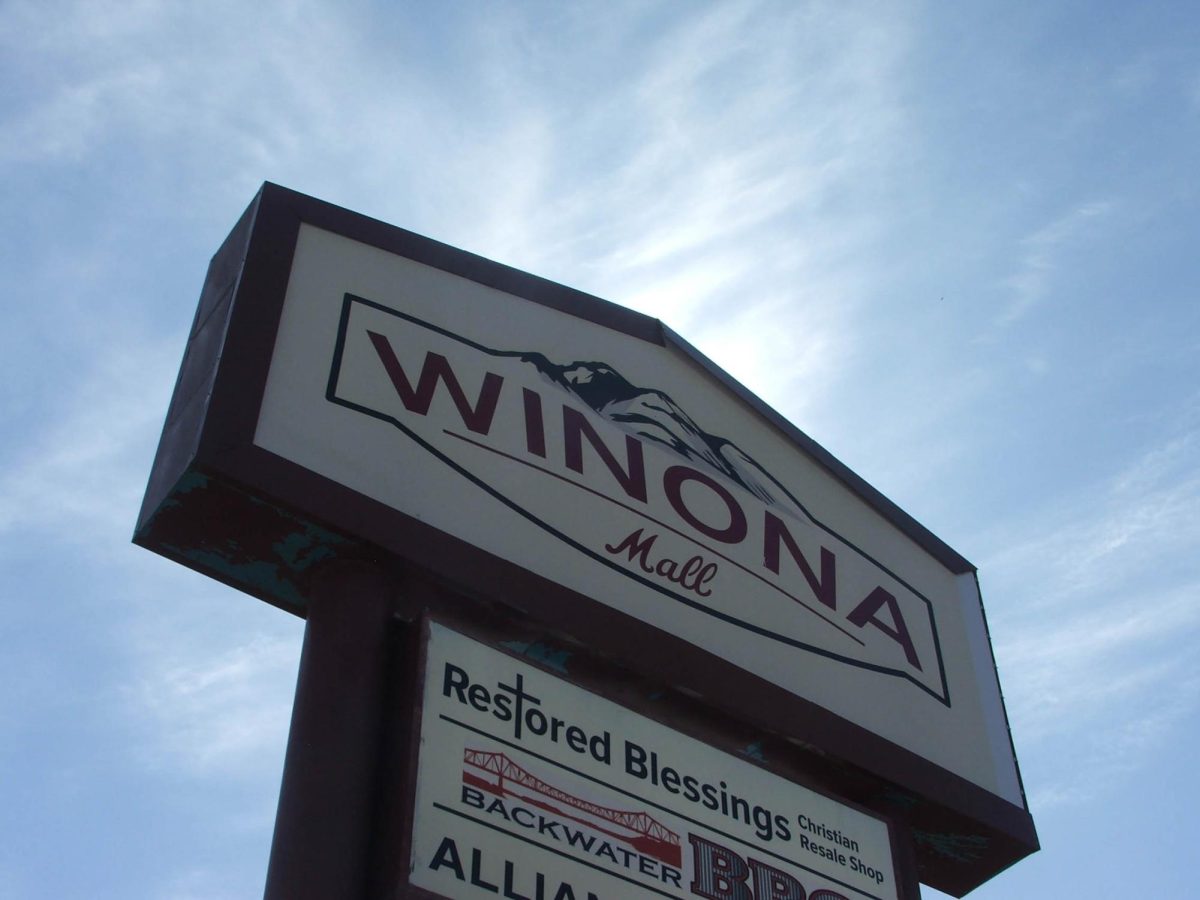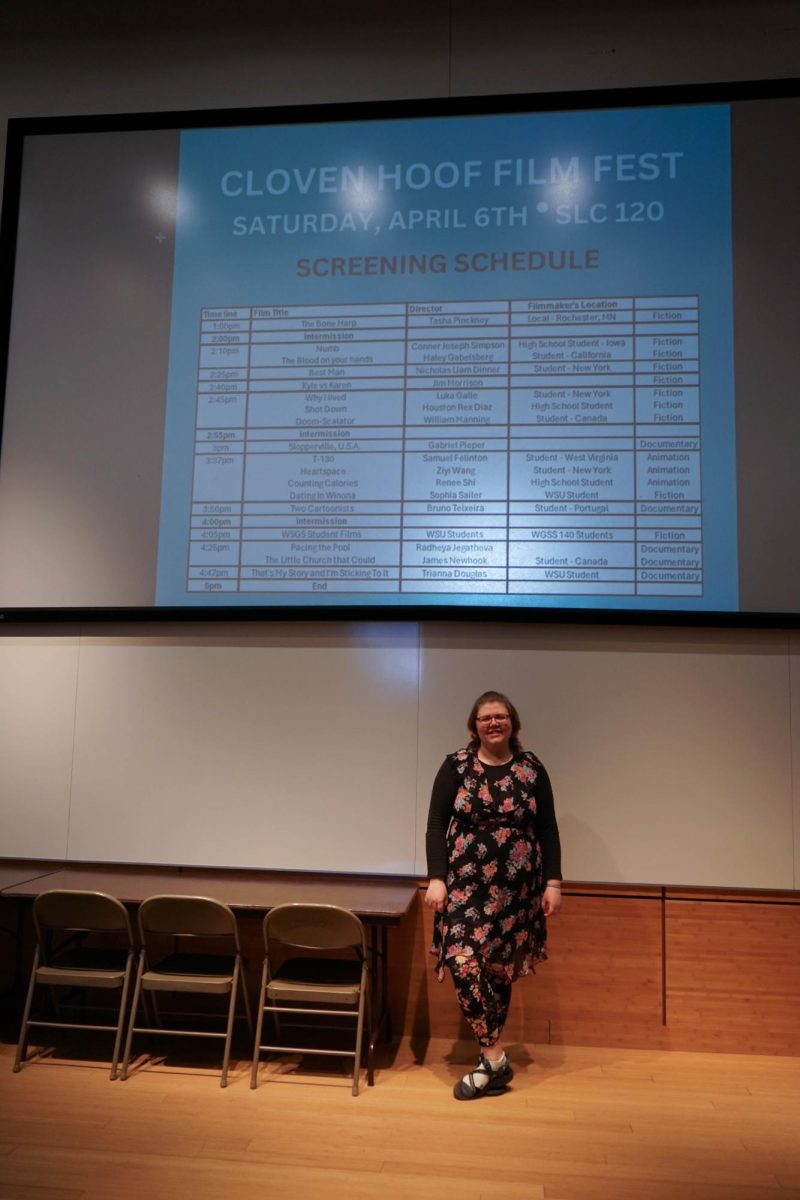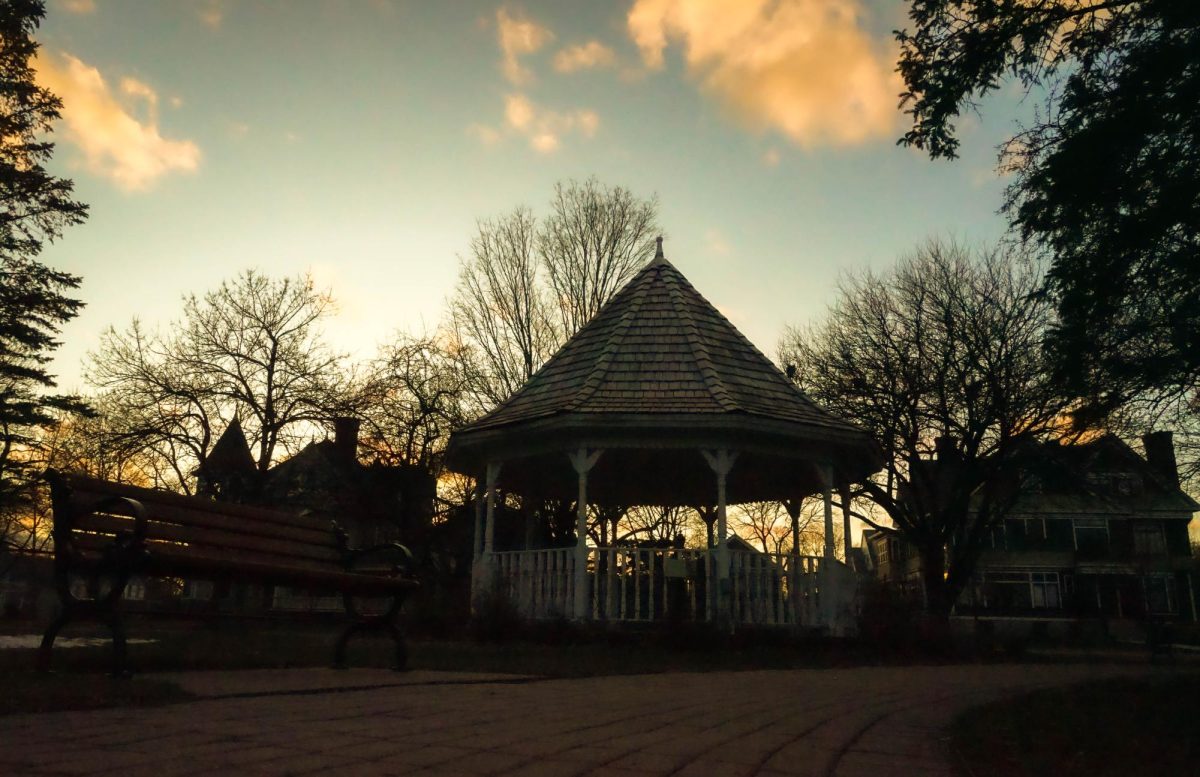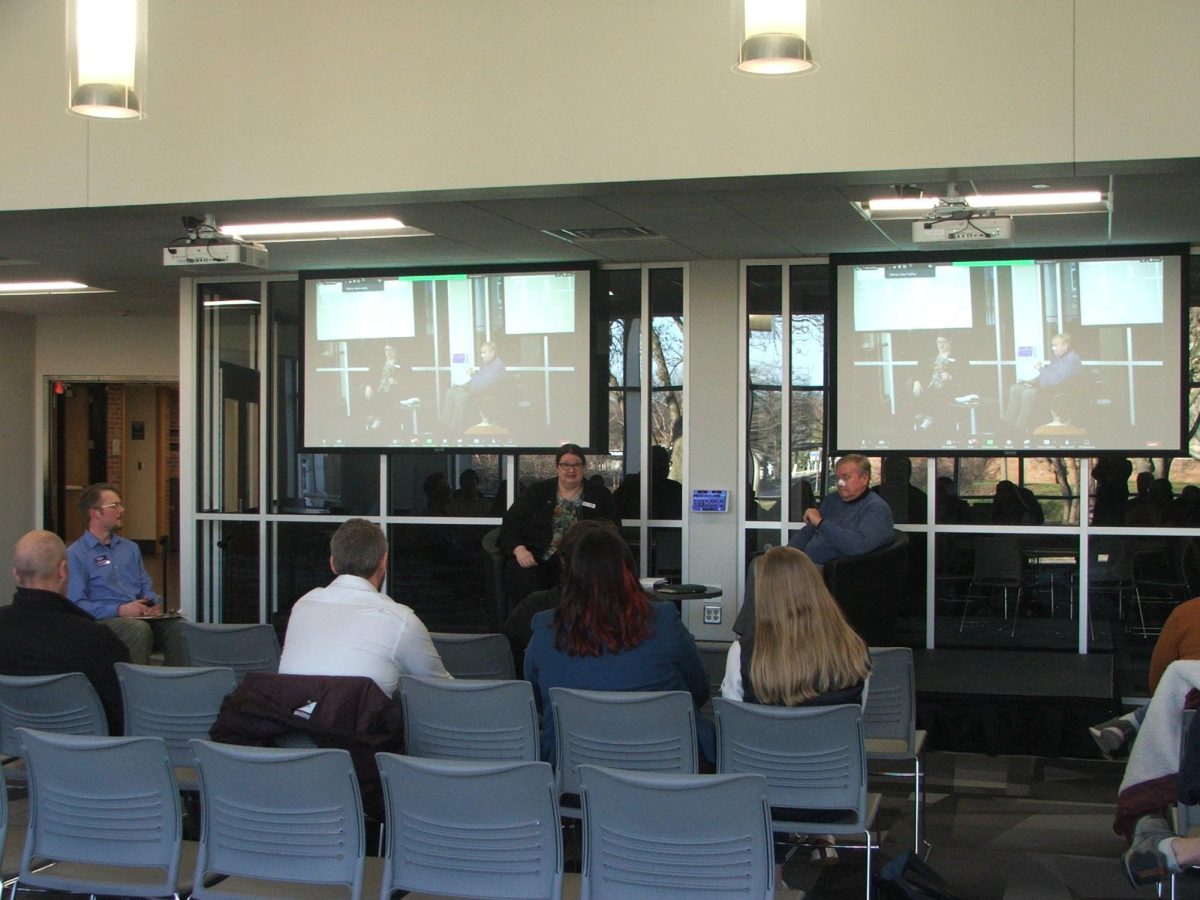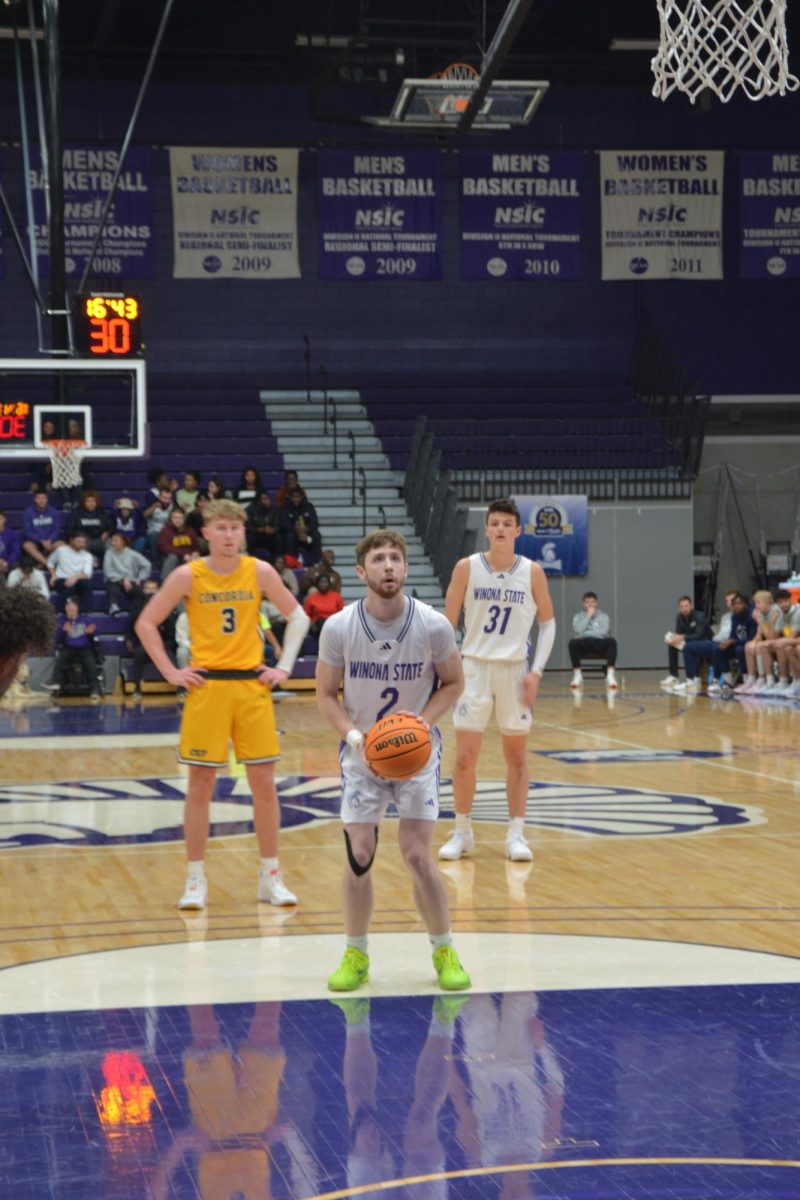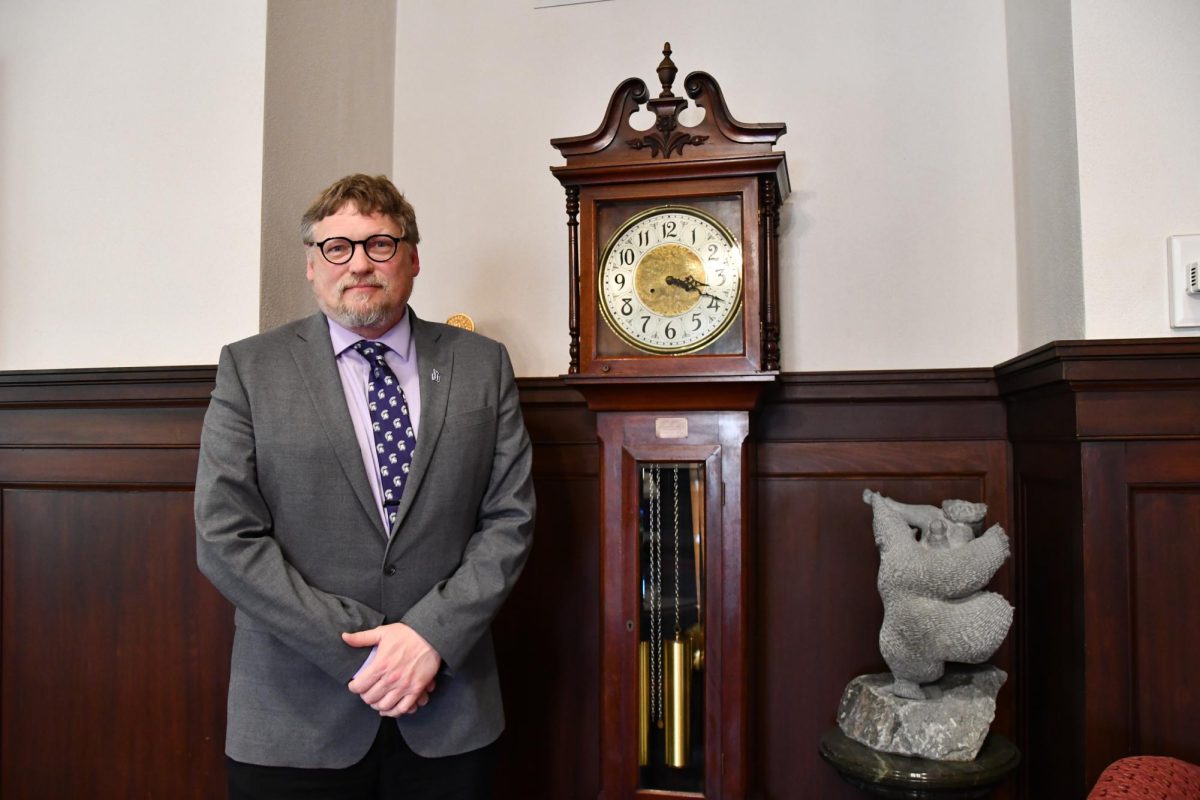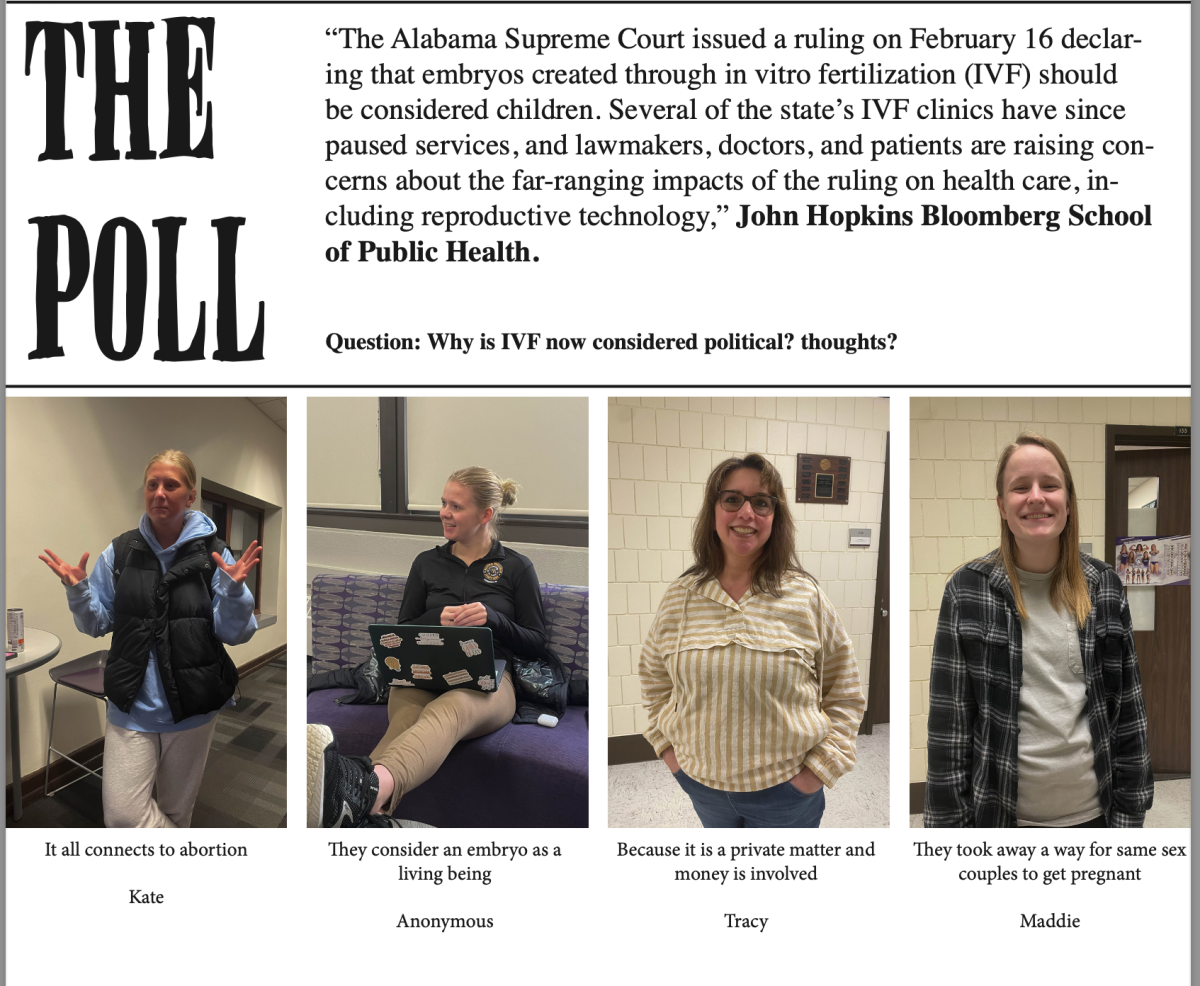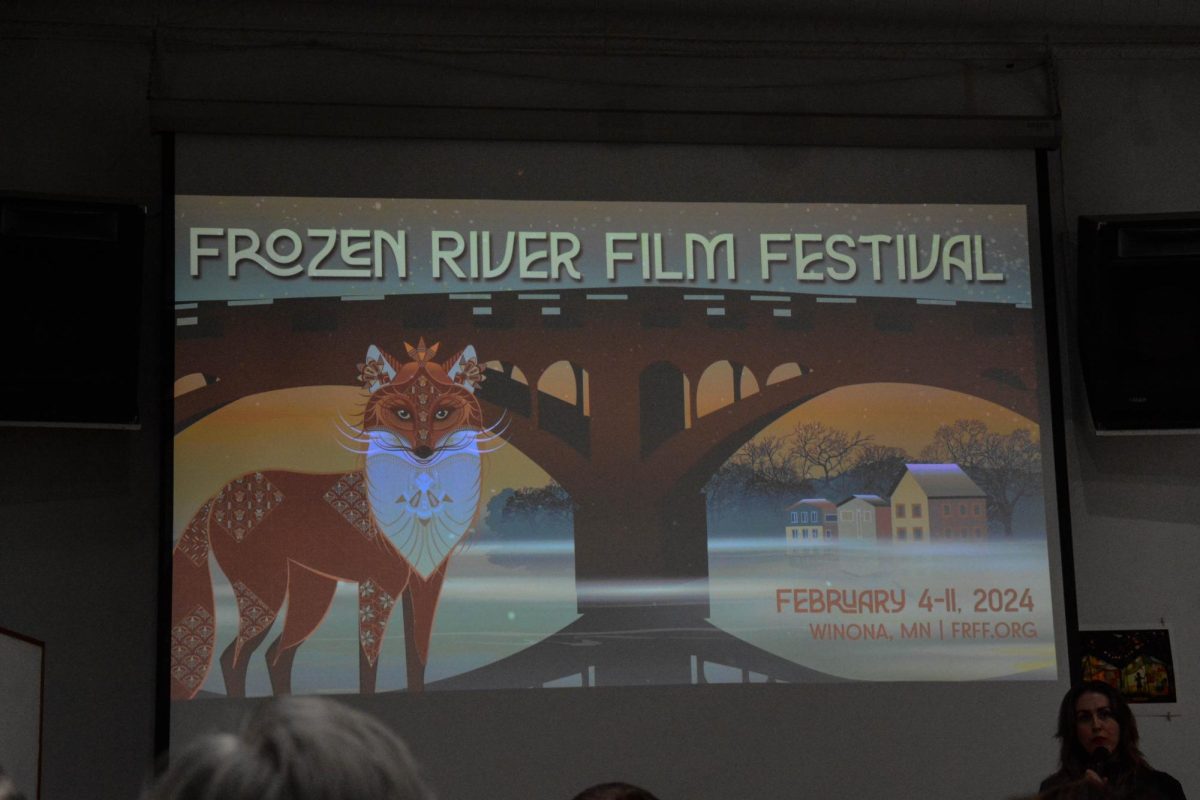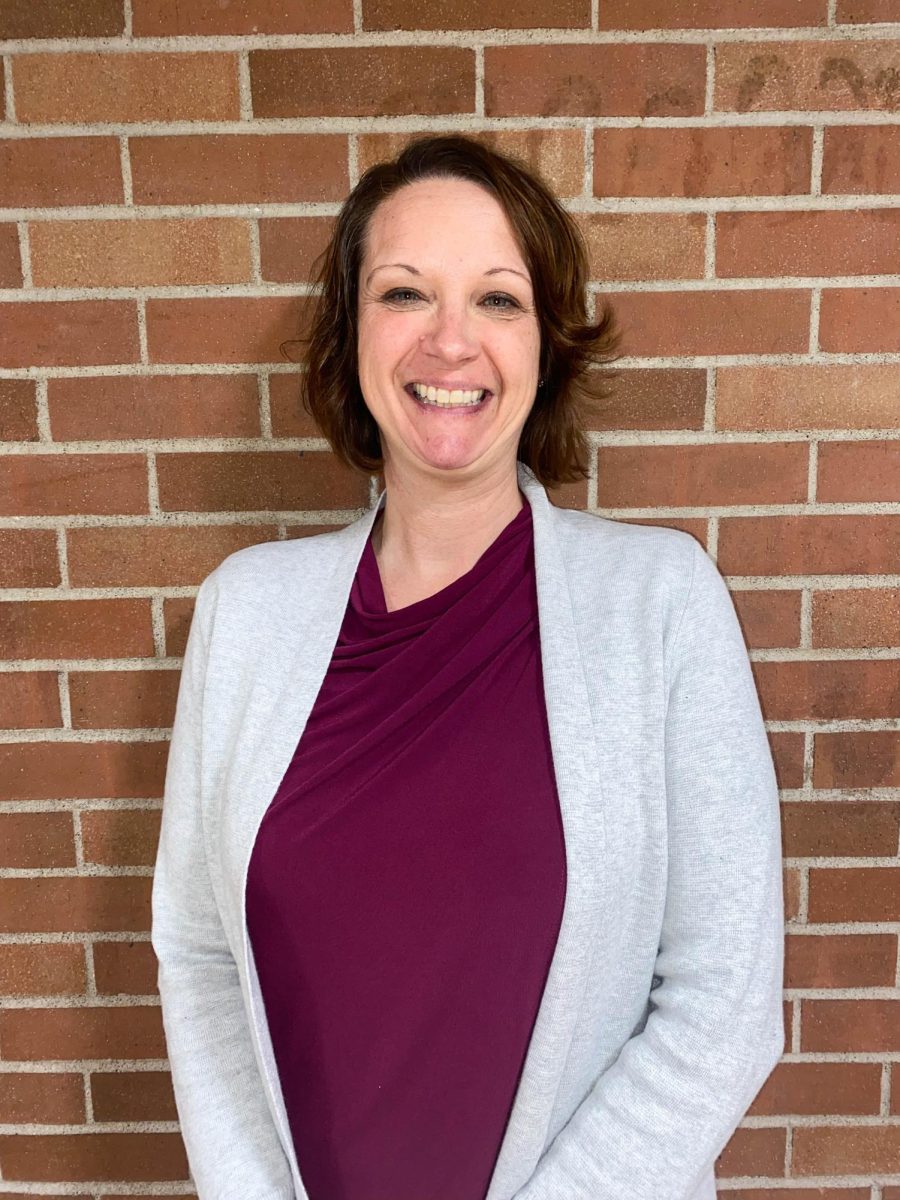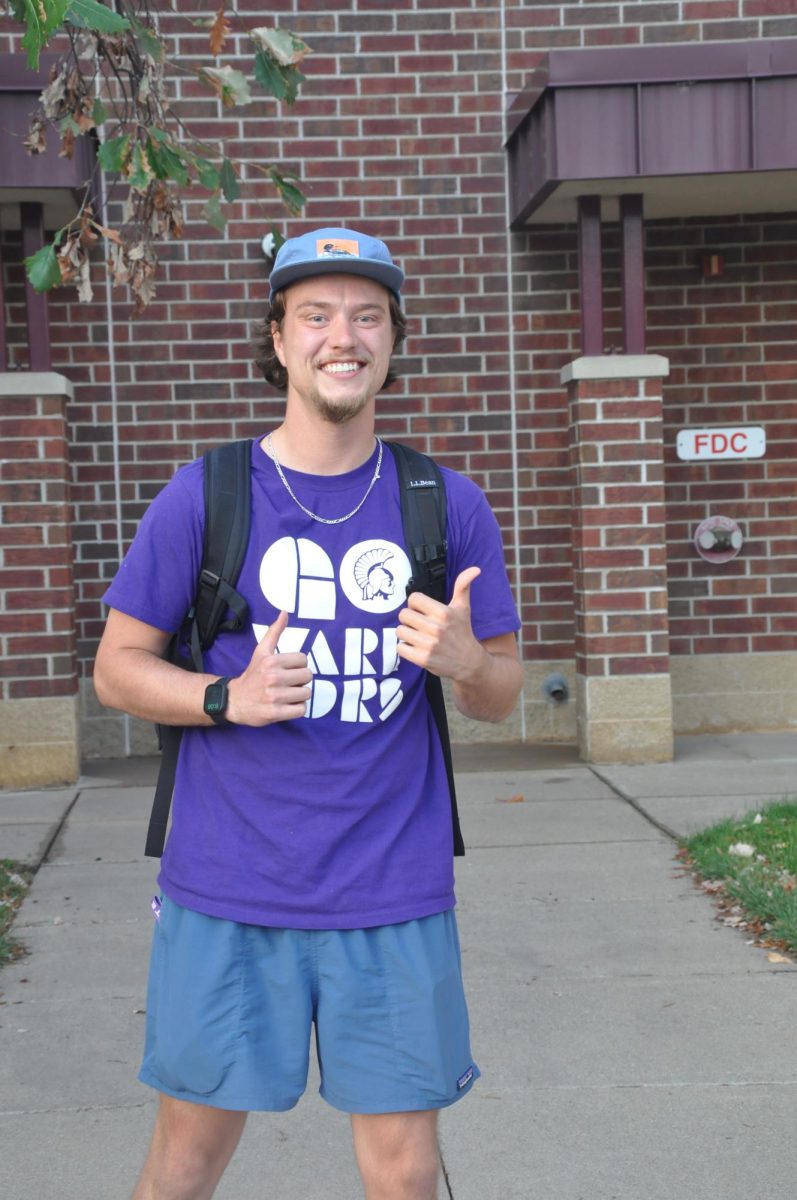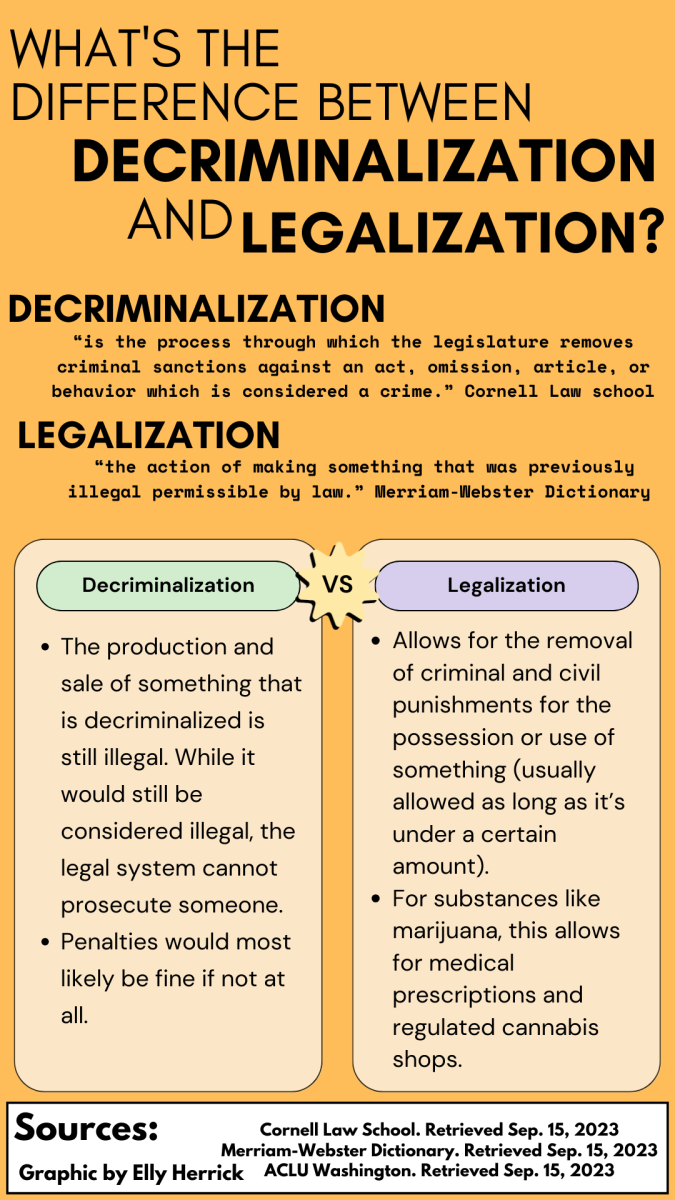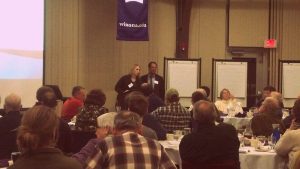
Marie Helkenn/Winonan
Daniel Cockriel/Winonan
Residents of Winona, Wabasha and Olmsted Counties gathered to discuss the current state of the Mississippi River-Winona Watershed and outline potential strategies for improving water quality in the area last week.
The Whitewater Watershed Community Summit was the second of three community events, the first of which occurred in June of 2012, aimed at raising community awareness of water quality issues and coordinating conservation efforts between local biologists, geologists, farmers and residents living near the watershed.
With the primary purpose of the summit being to solicit input from the public on a grassroots level, each community group offered a perspective on the diminishing conditions of the watershed, as well as opinions as to causes and potential solutions to the water quality problem.
Tom Gosse, the soil and water supervisor in Wabasha County and a local farmer, said, “If there is one thing I have never supported, and never will support, it is building on the floodplain.”
“People continue to build where they shouldn’t. It just seems like insanity to me,” Gosse said.
The summit included a brief analysis of water quality data gathered from the watershed by local universities, volunteers and a variety of state organizations.
A summary of survey results mailed out at random to 3,000 residents living near the watershed was also presented.
The final event of the evening was the development of strategies to combat the growing issue of declining water quality through roundtable discussions.
Public input from these discussions will be used to formulate a strategy document for the entire watershed.
Several common themes emerged from the roundtable discussions. Among them was the idea that water quality issues are much more complex than most people realize. It is not a simple matter of land use or farming practices.
Many residents entered the summit with preconceived notions that one practice or community group were responsible, but they discovered there are many causes contributing to the decline of local water quality.
Another prevalent theme was the need for cooperation.
Sheila Harmes, coordinator of the Whitewater Watershed Project, said, “cooperation and collective action are vital to improving our area water quality. You can’t wring your hands and roll up your sleeves at the same time.”
One of the few ideas almost unanimously agreed upon was that conservation efforts between federal, state and local governments are not coordinated and need to be improved.
Gosse said, “Right now, there is almost no transparency between state and county governments, almost no communication. This is part of the problem.”
It was also agreed that most residents would rather work to improve coordination on the local level to protect water quality and address existing issues since federal and state regulations tend to pile up without enforcement.
Tex Hawkins, a former wildlife biologist serving as Winona State University’s sustainability adviser, said, “We’re really trying to raise awareness and collectively improve Winona’s reputation for sustainability and conservation and give the whole community a stake in local sustainability.”
Hawkins, who also works with the Eagle Bluff Environmental Learning Center developing sustainability awareness programs, echoed the majority desire to see increased government incentives for stewardship and conservation practices.
Plans are currently being made to hold the third and final Watershed Citizens Summit. No date has been officially decided upon, but the audience was told to expect it to occur in late fall, so that it does not conflict with the harvesting schedules of local farmers.
The third summit will provide residents the opportunity to comment and provide feedback on the initial draft of the watershed strategy document that will be compiled based on public input from Tuesday’s summit.
Contact Daniel at [email protected]

